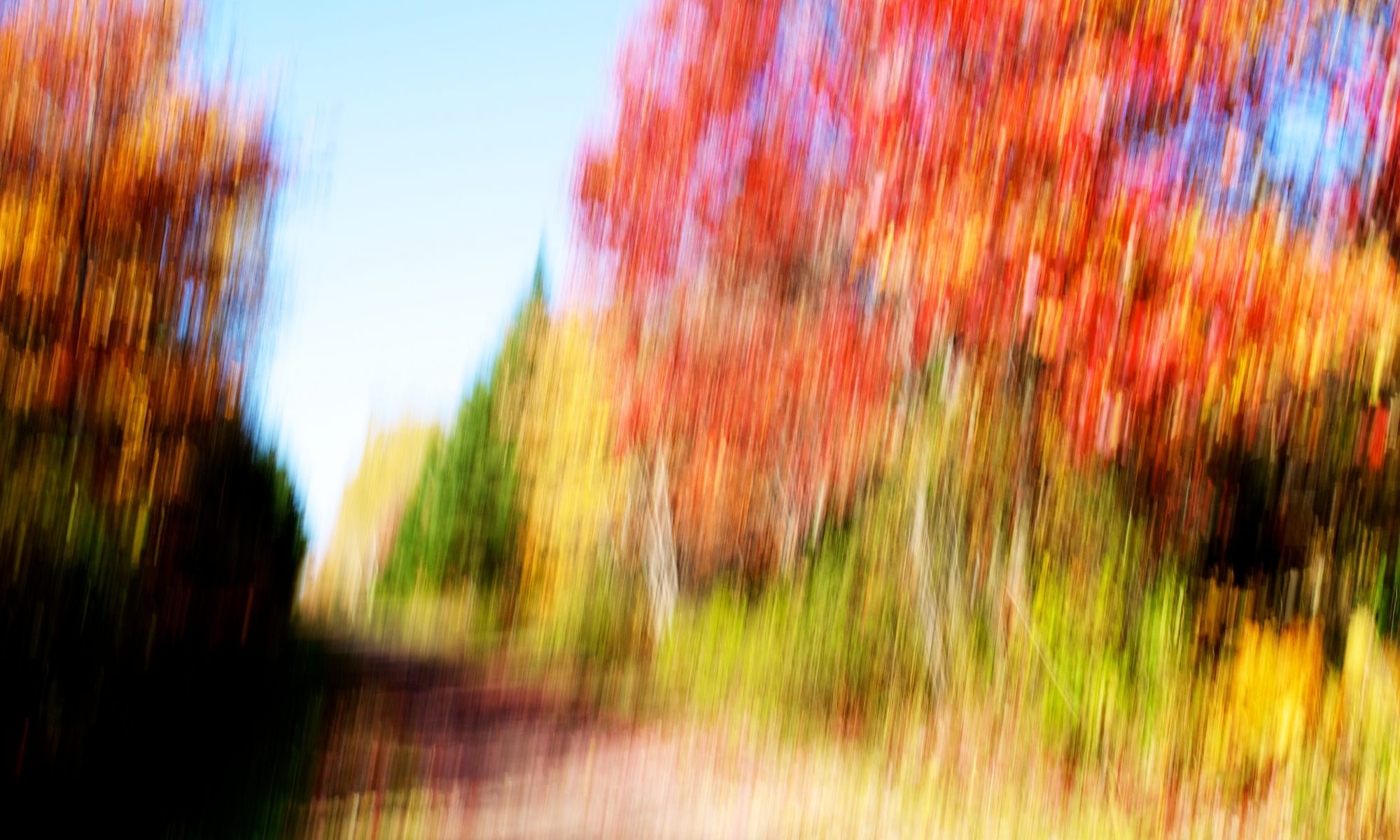It seems that, with this post, I have inadvertently blogged a three-part series on why field work matters. In part 1 I wrote about the value of getting out, rather than being stuck behind a desk. In part 2 I wrote about the idea of place and how regular field work in one discrete location is important in terms of both understanding a system and for developing a conservation mindset. In this final (I think) part, I would like to write about the importance of novel experiences in the field.
In July I accompanied Dr. Aynsley Thielman, a postdoctoral associate in my lab, on her first visit to some high elevation, coastal field sites. Our particular task was to spend a couple of days intensively surveying the arthropod fauna in various habitats, and we were set to access the sites by helicopter. I’ve flown in helicopters on a number of occasions prior to this, but only for general reconnaissance purposes. This was the first time that I was going to be dropped off in a remote location. While the pilot was planning to stay with us, the reality in these mountainous situations is rapid shifts in weather and visibility. That meant that the pilot would give us very little notice before starting up the machine and leaving if he thought there was a safety risk. That, in turn, meant that besides efficient packing of field gear, we had to be prepared to potentially survive a night or two on the mountain before we could be flown down again. This was an interesting challenge, and one that I had never encountered before as most of the work that I have ever done is in locations accessible by well-traversed logging roads. I was, to be honest, a bit nervous leading up to the trip.
Those nerves dissipated rapidly, however, as soon as we were in the chopper and flying over the phenomenal landscapes of British Columbia’s central coastal mountains. And if just getting there was great, being there was doubly great. It’s hard to fully express in words how beautiful this place is. On the first day, we were beset by banks of clouds that meant that our pilot had to keep us moving quite quickly from site to site. But even so, the sight of clouds all around, the wind-stunted trees, the heather meadows, and the strange soil crusts kept us continually fascinated. The second day was as warm and sunny-beautiful a day as you can imagine – a complete reversal from the first day – and we were able to spend many hours in two discrete sites, looking under rocks for spiders, poking in the heather, sweeping trees, and waiting near flowers for pollinators.
By the end of two days of glorious collecting, I wasn’t sure that I wanted to go back to my desk. I was certainly jealous of Aynsley and the summer students who were going to be going up there several more times over the course of the summer.
This was a unique experience in my career as a biologist. Most of my field work experience has been in the, relatively speaking, lower elevation forests of the interior of British Columbia. On the mountain, on the other hand, I was taller than most of the trees at one of the sites; and the “canopy” at the other site was the heather and wildflowers. And we were dealing with a whole host of arthropods, and none of them were bark beetles (although I do need to get in closer to inspect the boles of some of those trees next time I’m up there). I found that being in a unique field site – one that is beyond my normal travels – helped to prod my brain towards fresh thinking. It is easy, I think, to lose some degree of that freshness when doing the same thing repeatedly in the same type of situation. An entirely new ecosystem, a different mode of transportation, and the challenges that go with this kind of field work stimulate the mind or, perhaps, rouse it from potential lethargy.
It might also be worth noting that some of the noted naturalists of bygone eras – think Darwin on the Beagle or Wallace in the Malay Archipelago, for instance – spent some part of their careers in fairly continuous motion to new and vastly different areas. I could never hope to accomplish what either of these preeminent scientists did in terms of turning the study of biology upside down. But I think it would be fair to say that getting out of what they were used to on the British Isles to new contexts allowed them to see patterns that they may have never noticed if they had stayed put. In Darwin’s case, the experience took some time to set in, but was instrumental in the development of the idea. In Wallace’s case, the idea came to him in the context of his experience. In either case one might argue that experiencing a unique field situation can help to make a scientist alert to new ideas. And this may be an outcome of the mind being stimulated toward fresh thinking.
Finally, new experiences like this can serve to remind us about the bigger picture. It is easy to get complacent about the “known” when we travel to our regular sites that we think that we understand so well. But how much do we really know, even of those sites? Spending time in a place that is unique to you – and where almost everything that you see is new – is a good reminder of how little we actually know. It should stimulate a researcher to return to their regular field locations with fresh eyes and a new realization about how much we still have to learn.
I know that it has done that for me. And I can’t wait to get back.
